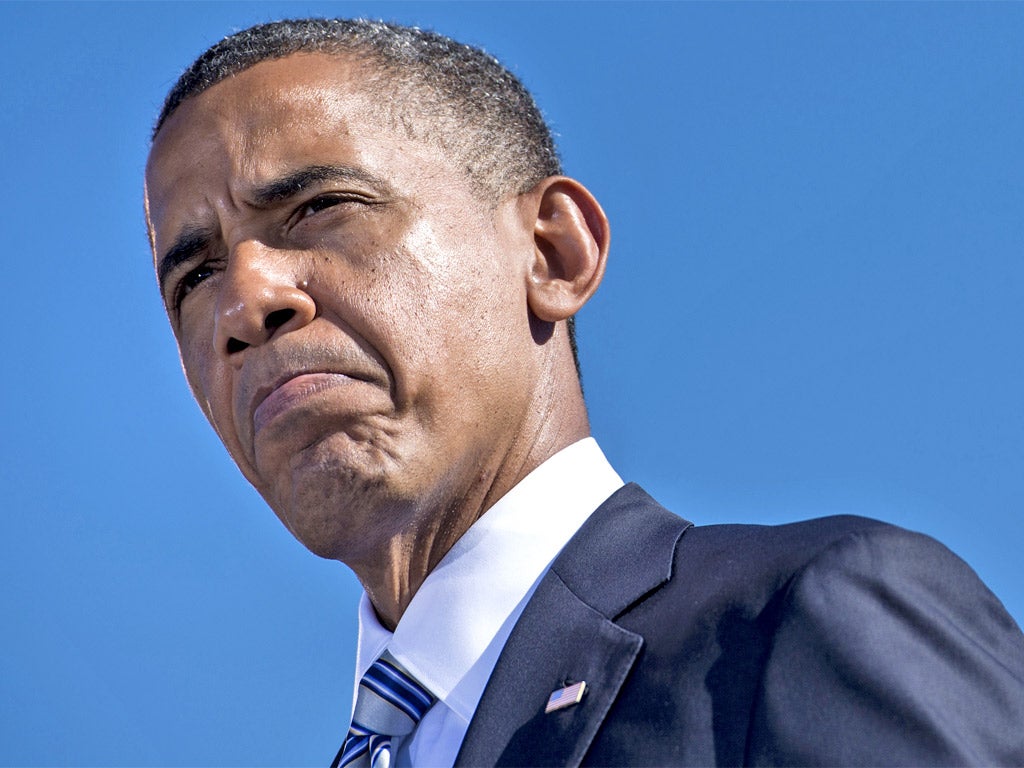Press: 'Can I quote you on that?' 'Only if i can see it first'
Barack Obama wants it, as does Jennifer Aniston – and Richard and Judy used to go even further. Quote approval is a contentious business...

The most talked-about item in Washington last week – before Mitt Romney made his latest gaffe – was Michael Lewis's lengthy and detailed profile of President Obama in Vanity Fair magazine, for which the journalist was granted extensive access to the White House and its present occupant over eight months.
Behind that story, however, was another: Lewis, the celebrated author of Liar's Poker, The Big Short and Moneyball, was obliged to hand over all his quotes to the Obama administration for vetting before the piece was permitted to go to press.
The way Lewis tells it, the approval process altered very little of his article. The White House "did almost nothing" to his quotes, he says.
Regardless, the rest of the media pounced on his admission as an excuse for some soul-searching. David Carr, media columnist for The New York Times, wrote on Sunday that: "It's become clear that many journalists covering politics and government agree to quotation-approval as a condition of access," and so: "It's tough not to see the pageant of democracy as just that: a carefully constructed performance meant to showcase the participants in the best light."
Quote approval is now standard White House practice; Carr's newspaper recently revealed, too, that the Romney campaign exacts similar promises from reporters in return for access to its key players. Unguarded, open and on-the-record quotes have thus become a rarity, replaced by soundbites and anonymous "sources".
Lewis, speaking about his article to US National Public Radio, suggested the trend is not confined to politics: "[If] you write a piece about an important person and they grant you an interview," he said, "sometimes they demand the right to vet quotes. [If] you write about the CEO of a Wall St firm, very likely those are the terms."
The world of celebrity, presided over by PRs and publicists, is also rife with such demands. In 2001, when Richard and Judy defected from ITV to Channel 4, they granted an interview to the Daily Mirror on the condition that they be given power of veto over the entire article, quotes and all.
When they returned their bowdlerised version of the piece to the paper, with 800 words altered, the then-editor Piers Morgan was so incensed that he ran the censored and uncensored (yet still overwhelmingly positive) versions side-by-side. Morgan later wrote in his diary/memoir The Insider that "This is a hidden shame for most papers, that has grown in recent years to be an epidemic. We need celebrity interviews, but they don't trust us, so the only way they'll do it is if we let them 'approve' the copy… it is effectively censorship."
This year, UK Vogue editor Alexandra Shulman told The Observer that Jennifer Aniston was unlikely ever to appear on the cover of her magazine, as the former Friends star will only agree to interviews if given copy and picture approval.
"I've never had anybody on the cover, ever, who's had copy approval and picture approval," said Shulman. "I just don't think it's a proper thing if you do."
Subscribe to Independent Premium to bookmark this article
Want to bookmark your favourite articles and stories to read or reference later? Start your Independent Premium subscription today.

Join our commenting forum
Join thought-provoking conversations, follow other Independent readers and see their replies